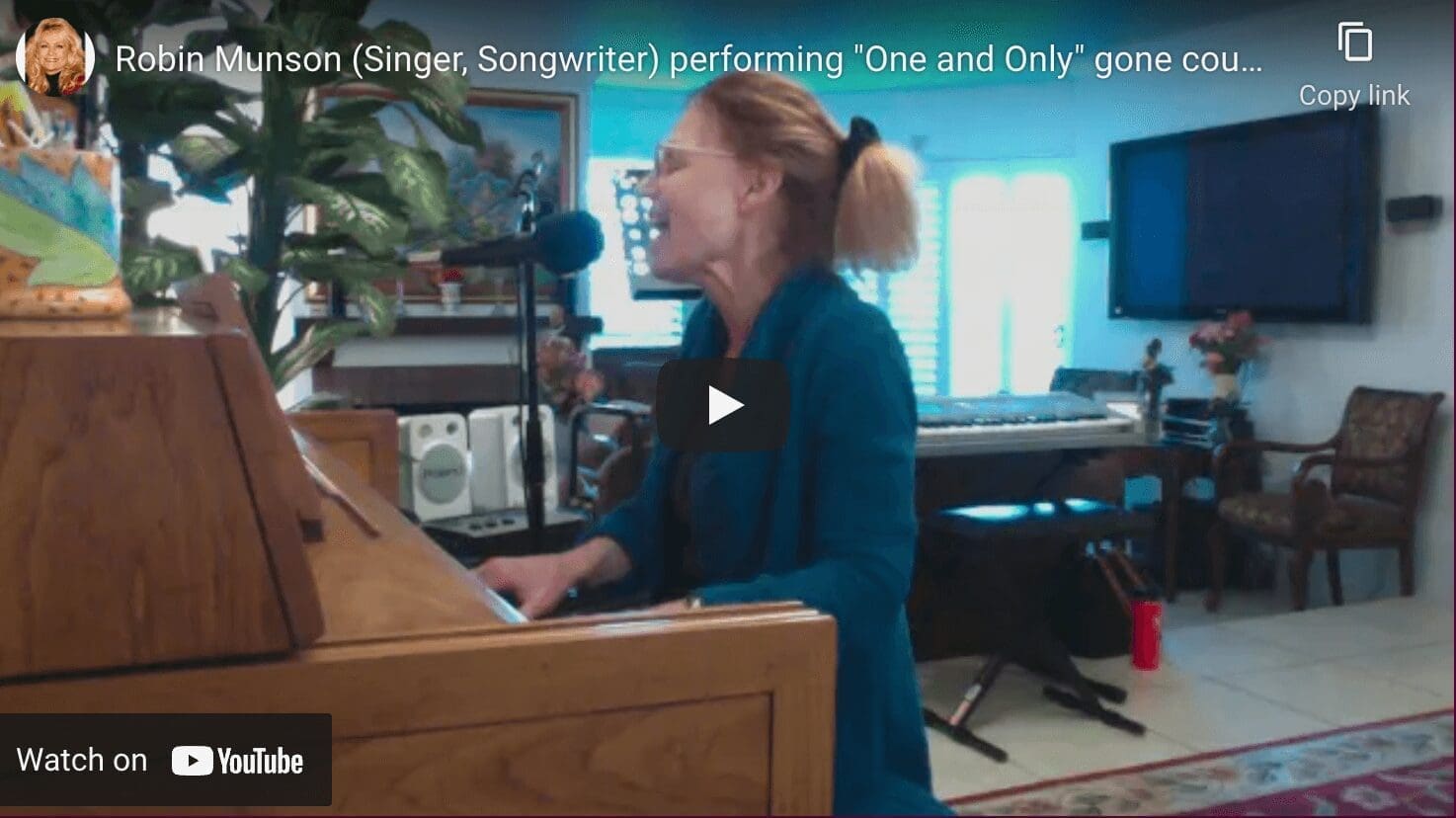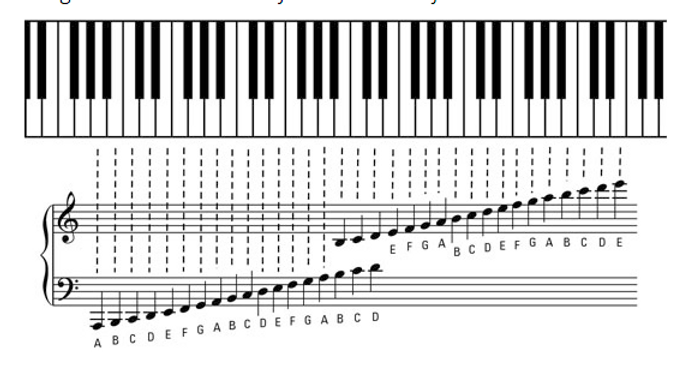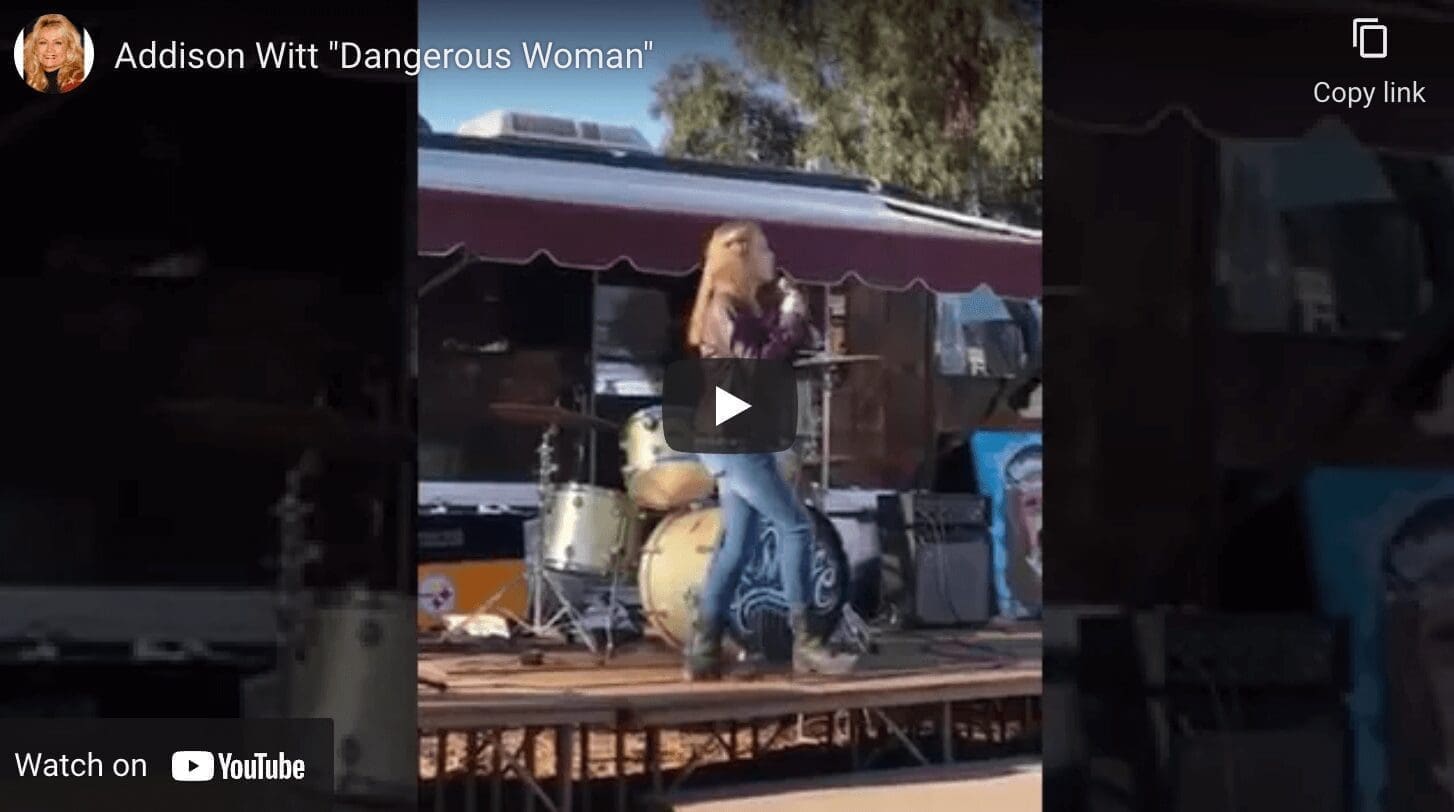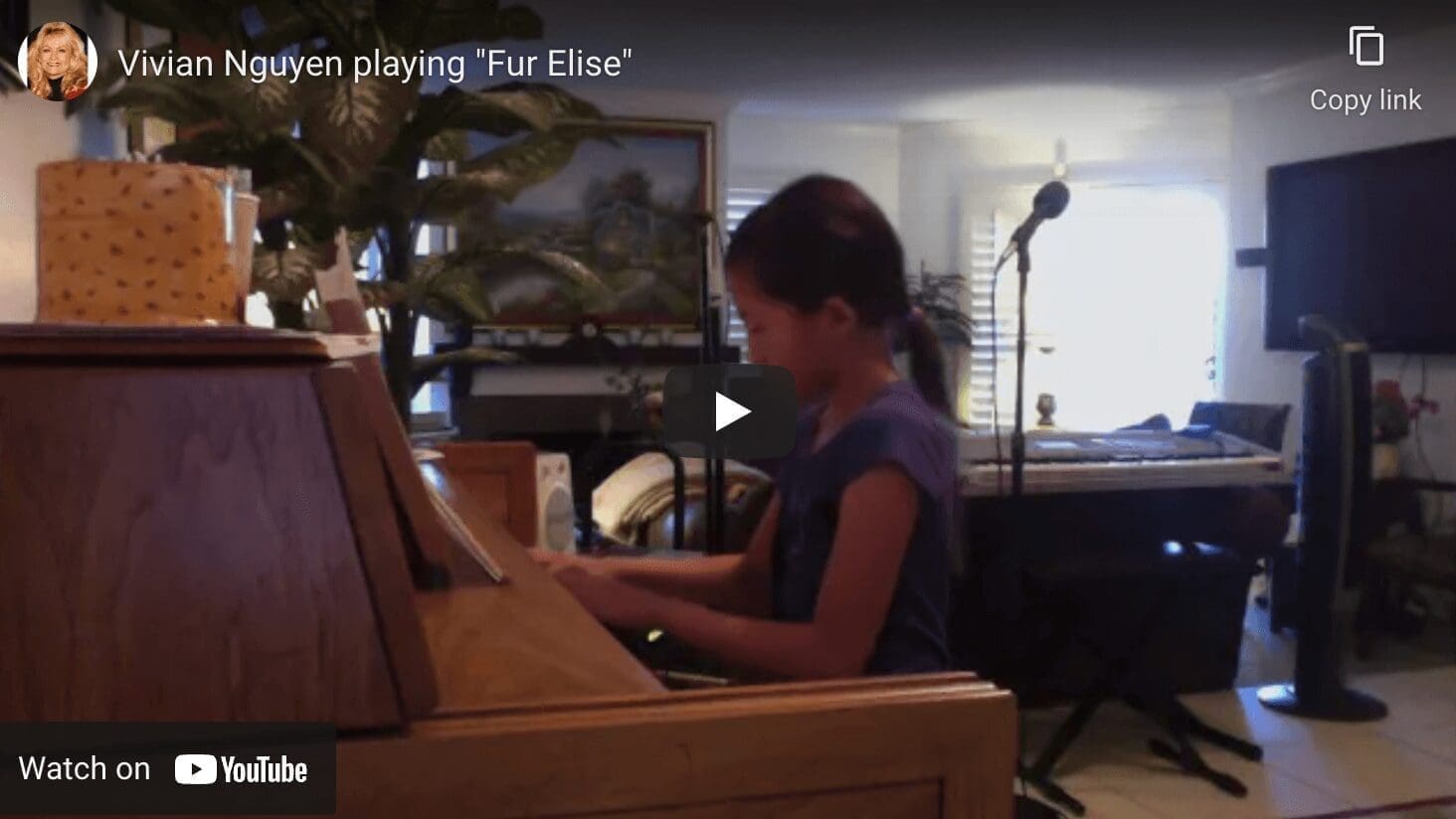Explore the Michelle Ostrove Blog
New research from Harvard University study showed that the way music is uniquely put together with codes and patterns makes it universally understood. It doesn’t matter what language a person speaks or whether it’s an adult or an infant, we all understand music and respond to it. The feeling and emotions from it, happy or sad, we understand it. Whether it’s singing a song, or playing the instrumentals in a song on the piano, music impacts our lives and impacts…
Read MoreTo sing or play piano with true emotion means to have the ability to create an emotional connection to a song you are singing or playing. That’s why true artists are sensitive and emotional people. To put emotion into your singing or playing piano, you must feel the emotion yourself. Whether it’s joy, sadness, longing, pain, love, etc., you must feel it in order to release it to others. For a singer or pianist, it could be the music or…
Read MoreArtists like Lady Gaga and Elton John make play piano and singing at the same time seem so effortless, but doing this takes time and practice to truly master! It’s very easy to lose concentration on one, while focusing on the other. It’s a delicate dance trying to focus on your voice and playing the right notes on the piano simultaneously. Mastering this skill right will take plenty of practice. The first thing to do is begin with correct posture.…
Read MoreVibrato is a musical effect from an instrument or a voice. It is a technique used to add expression to a piece of music. Vibrato is the rhythmic pulsation, vibration and/or bending a pitch (note). Vibrato can happen very naturally with a singer. If it doesn’t happen naturally, it can be a learned technique. It is alternating quickly between two pitches that are close together. There are two ways to hold a note, with vibrato or holding the note solid…
Read MoreIt’s clear that the 5 lines and 4 spaces for each staff only represent some of the keys on the piano. This is why we use ledger lines (also spelled leger lines) to extend either staff (treble or bass staff) upward or downward. Ledger lines above the treble staff and below the bass staff take a little bit of time to learn, but because they follow the same pattern they are not difficult. Ledger lines can appear in between the…
Read MoreEvery singer wants to increase their vocal range, and hit those high notes. No one is born with the ability to sing the highest notes perfectly, expanding your range takes time and work. Vocal cords need exercise, just like other muscles, to get stronger. Start by warming up and practice specific exercises daily to help you increase your range; the bubble (lip trills) and r roll (tongue trills) are the perfect exercises. Here are some tips to help you hit…
Read MoreBelting out the high notes is essentially singing the high notes and producing a strong and powerful sound. We discussed falsetto in yesterday’s blog (10/27 Singing High Notes in Falsetto). Today is the opposite of falsetto; the sound is loud and commanding. There are three important components. The first component is breath support. It is important to breathe from the diaphragm and use the diaphragm support to accomplish this sound. The power in your voice comes from the diaphragm, not…
Read MoreYou need breath to sustain (hold) a note. Holding a note with no vibrato can get a little boring but holding them with a little dynamic (loudness & softness), variations can be useful. The opposite of singing with vibrato (a pulsating variation) is to sing with straight tone (or what I call holding the note solid in the tone) with no fluctuation in pitch. To do this you must use your diaphragm, no movement and staying on the pitch. You…
Read MoreThe understanding of music is about recognizing or identifying the structure and patterns in a song. You don’t have to be a singer or pianist, even someone with no musical background can follow the patterns of a song. You have an instinct of where the melody is going or when the chorus is coming because of patters and structure. When studying music theory, you examine all of the components that are used in writing a piece of music. It is…
Read MoreThe piano was developed around 1700 by Bartolomeo Cristofori in Italy. Many modifications have been made along the way. Throughout the years, there has been as many as six pedals, before finally arriving at its current configuration of three. Piano pedals are operated by the foot and located at the base of a piano. The purpose of the pedals is to change the tone of the piano in different ways. Let’s talk about the three pedals from left to right.…
Read More








